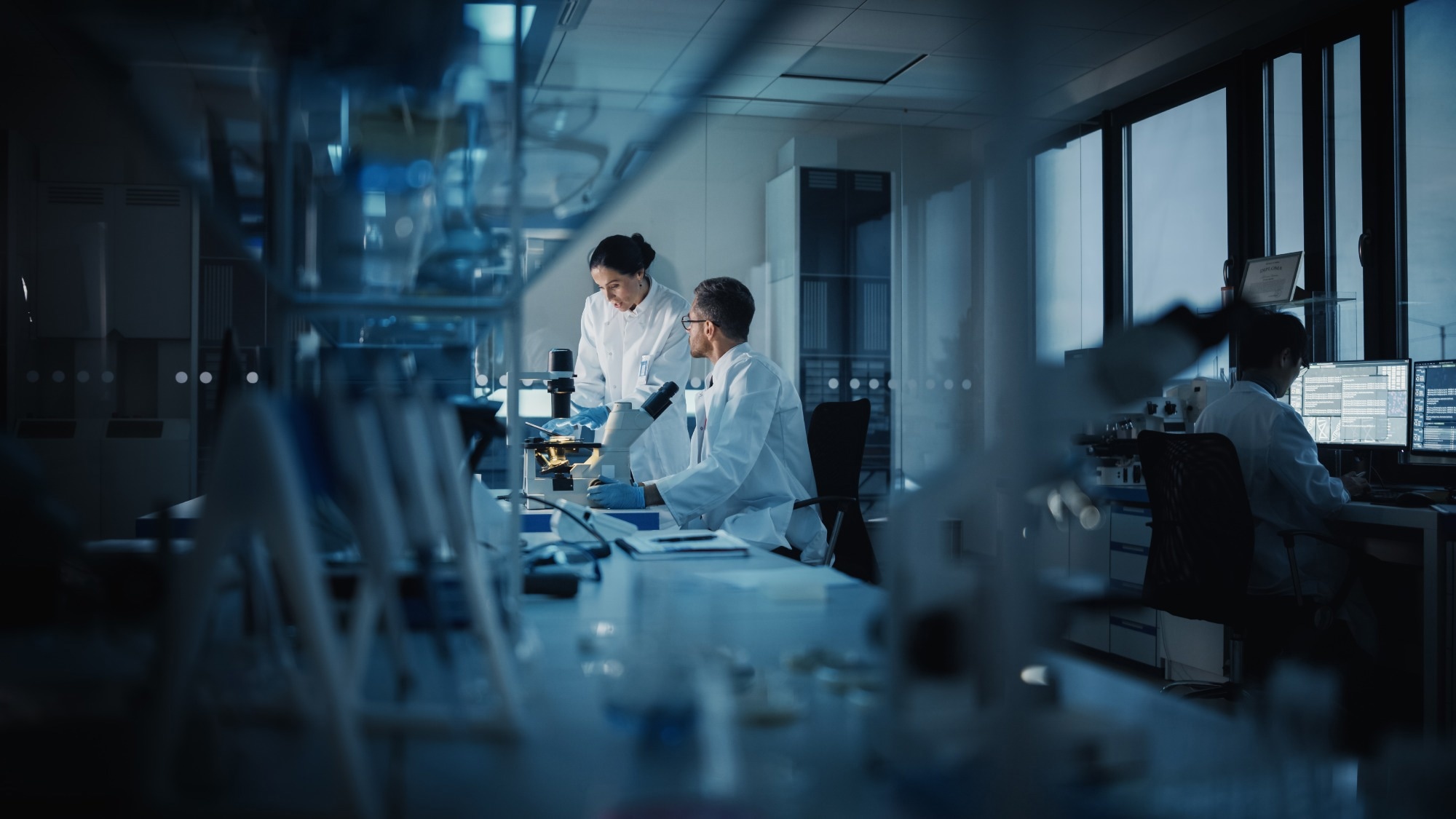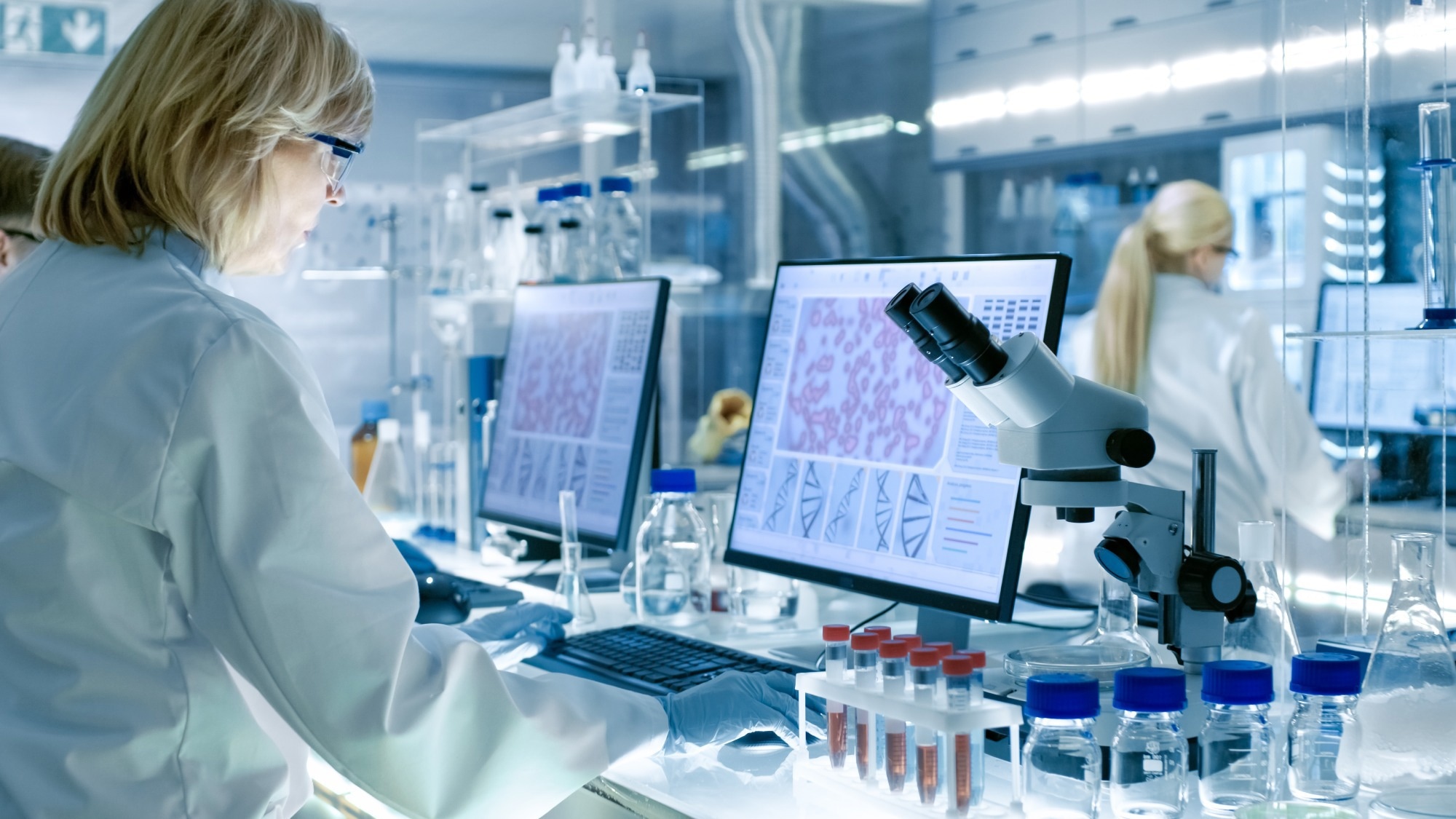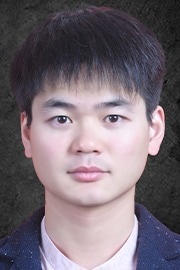In this interview, NewsMedical speaks with Innovation Award nominee Chao Ma, Ph.D., a Research Assistant Professor at New York University Tandon School of Engineering. We first spoke to Dr. Ma at SLAS 2022; this conversation aims to delve into how this important research has evolved and where it is heading.
Ahead of his presentation at SLAS 2024, Dr. Ma shares insights into his innovative "Leukemia-on-a-Chip" technology, its impact on CAR T-cell therapy, and the future of personalized medicine in treating leukemia.
Firstly, please introduce yourself and outline your career to date. More specifically, please provide us with an overview of the current research that you are presenting at SLAS 2024.
Thank you for inviting me again to discuss our recent progress on “Leukemia-on-a-Chip” for CAR T cell therapy modeling and screening. My name is Chao Ma. Currently, I am a Research Assistant Professor in the Department of Mechanical and Aerospace Engineering at New York University Tandon School of Engineering.
Adoptive CD19 CAR (Chimeric Antigen Receptor) T-cell transfer has emerged as a successful FDA-approved therapy for B-cell acute lymphoblastic leukemia (B-ALL). However, a high relapse rate of 30~60% of CAR T-cell therapy remains a major issue. The ability to pre-clinically assess the functionality of CAR T-cells and dissect the CAR T-cell immunotherapy relapse mechanisms will be of great significance but challenging with current animal models.
To fill the gap between animal studies and clinical translation, we herein established a 3D microfluidics-based, organotypic immunocompetent ‘Leukemia-on-a-Chip’ to deliver human relevant results of CAR T-cell immunotherapy before clinical administration, which is what I will be presenting at SLAS 2024.
This unique preclinical platform enables a new paradigm of clinical-on-a-trial, providing a precise, reliable, and multi-dimensional evaluation of CAR T cell therapy, which can be readily extended to evaluate many other immunotherapies for different blood cancers as well as solid tumors and beyond.
 Image Credit: orodenkoff/Shutterstock.com
Image Credit: orodenkoff/Shutterstock.com
Dr. Ma, since our previous interview two years ago, can you highlight the most significant advancements in your leukemia-on-a-chip technology?
I would say expanding the application of leukemia-on-a-chip technology from conventional chemotherapy to novel therapeutics, especially in CAR T cell immunotherapy.
How have the developments in your research over the past two years impacted the understanding of CAR T-cell immunotherapy relapse mechanisms?
We have realized to model different clinical outcomes of CAR T cell therapies on-chip. In addition, we found that mobilizing of the immune system during CAR T cell activation may promote CAR T cell response on-chip.
In the context of your recent findings, what are the current challenges in modeling leukemia resistance and relapse on the leukemia-on-a-chip?
The first challenge, I would say, is to realize long-term culture that can permit the chronological study of CAR T cells. Secondly, our system is currently built with commercial primary cells and cell lines. Thus, we will need a sample from a large cohort of patients to represent patient heterogeneity and enable the precision of personalized therapy.
Lastly, how to model acquired therapy resistance to CAR T cell therapy on-chip remains quite challenging. It necessitates both innovative technical development and an in-depth understanding of leukemia pathobiology and T-cell immunology.
Can you discuss any novel insights your team has discovered regarding molecular and cellular changes during different CAR T-cell therapy clinical outcomes?
As we discussed in question 3, our studies have modeled different clinical outcomes of CAR T cell therapies on-chip. One application we realized on-chip is that incorporation of IL-18 into CAR design can enhance CAR T cell function, which may improve the outcome of patients whose current CAR T cell products possess hypofunctions.
In addition, mobilizing of the immune system during CAR T cell activation can promote CAR T cell response on-chip.
How has the bioengineered leukemia chip evolved in terms of its capacity to model and evaluate other immunotherapies for various blood cancers and solid tumors?
We are applying this technology to analyze CAR T cell therapy in acute myeloid leukemia (AML) in the lab and other CAR T cell therapy studies in solid tumors such as pancreatic ductal adenocarcinoma. We hope to share our progress with the SLAS community soon, so keep your eye out.
 Image Credit: Gorodenkoff/Shutterstock.com
Image Credit: Gorodenkoff/Shutterstock.com
Since our last conversation, how has the integration of technologies like single-cell mRNA sequencing enhanced the capabilities and precision of your leukemia-on-a-chip system?
Yes, definitely. We were able to apply scRNA-seq to validate the cellular similarities of our bioengineered bone marrow niche with its in vivo counterpart. In addition, we could map the molecular changes of CAR T cell activation and those of niche cells.
Reflecting on the past two years, what have been the most unexpected or surprising findings from your research using the leukemia-on-a-chip?
We found that the incorporation of vascular network and immune environment into the leukemia-on-chip system enables the building of a faithful in vitro system, which can provide a systematic testing of CAR T cell therapy ranging from T cell extravasation, recognition of leukemia, immune activation, cytotoxicity, and killing to reciprocal interactions with bone marrow microenvironment.
How do you envision the role of lab-on-a-chip and organ-on-a-chip systems in the future of personalized medicine, especially in the context of immunotherapy?
Patients can only undergo one type of treatment at a time. Suppose we can incorporate patient samples with our platform to develop patient-specific organ chip models. In that case, it will allow us to screen multiple treatments in parallel to identify the optimal immunotherapy for given patients.
We are collaborating with clinicians to test this technique with patient samples from clinical trials. We hope to provide in vitro patient-specific systems that realize the so-called “clinical-trial-on-a-chip” concept.
Finally, how do you believe your work will contribute to the broader scientific and medical communities' efforts in combatting leukemia and improving patient outcomes?
We believe our research progress will not only fill the technical gap in human disease modeling and therapy screening with bioengineering tools of in vitro organotypic tissue models but also fill the knowledge gap with a deeper understanding of CAR T cell therapy resistance and relapse mechanisms.
Where can readers find more information?
About Chao Ma, Ph.D.
 Chao Ma, Ph.D. is currently a Research Assistant Professor at New York University Tandon School of Engineering. His current researches focus mostly on engineering Leukaemia-on-a-Chip platform to understand resistance to chemotherapy and CAR T-cell immunotherapy. Dr. Ma received his B.S. in Biotechnology in 2013 and Ph.D. in Animal Biotechnology (Cellular Engineering) in 2017, both from Northwest A&F University.
Chao Ma, Ph.D. is currently a Research Assistant Professor at New York University Tandon School of Engineering. His current researches focus mostly on engineering Leukaemia-on-a-Chip platform to understand resistance to chemotherapy and CAR T-cell immunotherapy. Dr. Ma received his B.S. in Biotechnology in 2013 and Ph.D. in Animal Biotechnology (Cellular Engineering) in 2017, both from Northwest A&F University.
During that time, he developed micro-engineering strategies to construct liver tissue in vitro for analyzing metabolism-related drug toxicity and bottom-up liver tissue engineering. Dr. Ma has been awarded nationally and internationally, such as National Scholarship for Encouragement Award from College of Innovation and Experiment, NWAFU (2021), National Scholarship for Graduate Students Award from the Ministry of Education, China (2016), Outstanding Graduates Award from College of Veterinary Medicine, NWAFU (2017), Irvington Postdoctoral Fellowship Award from Cancer Research Institute (2021), DMM Conference Travel Grant Award from the Company of Biologists (2021), Post-Doctoral Researcher Travel Award from BMES-CMBE (2022), as well as Tony B. Academic Award from SLAS (2022).
Dr. Ma has emerged as an expert in the microfluidic Organ-on-a-Chip field with invitations to present his findings at local, national, and international conferences (WPC, BMES, ASME, CMBE, and SLAS). Dr. Ma is also a co-inventor on two patents involving engineering methods for tissue and tumor modeling for advanced therapy and is the author of numerous peer-reviewed publications.
The overarching research goals for Dr. Ma are to develop and leverage a multidisciplinary approach that combines engineering with biology and medicine for tissue engineering, disease modeling, and therapy screening, which aims to positively impact human healthcare and wellness.